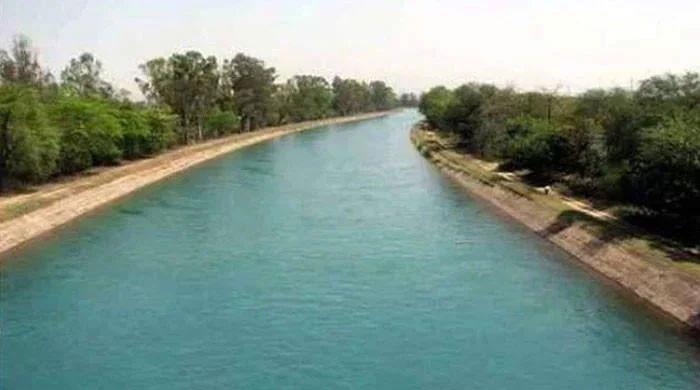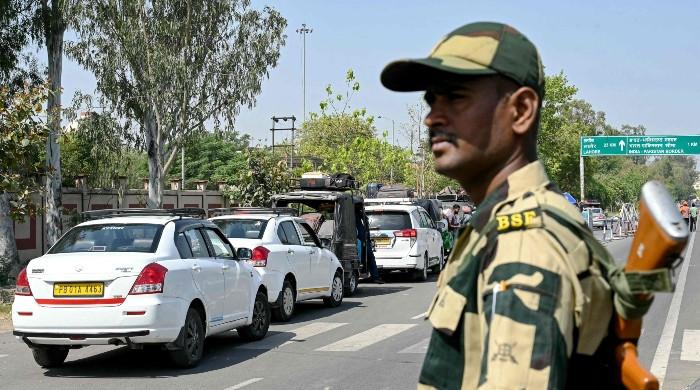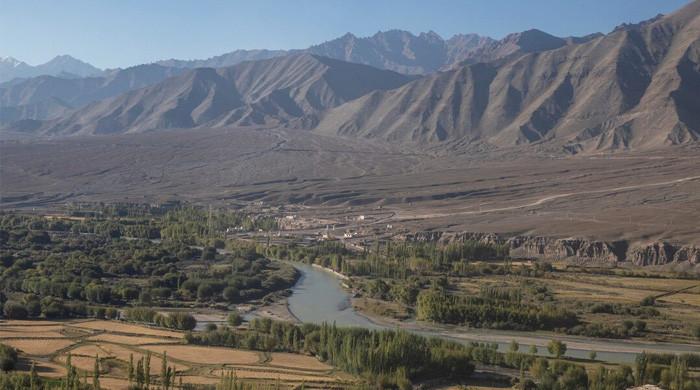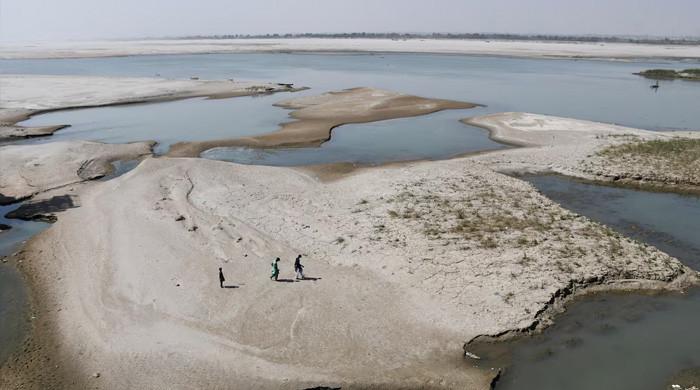A plea for humanity
Various human rights organisations, including the Pakistan Hindu Council, are raising voice to end the genocide in the Rakhine State
September 08, 2017
Myanmar is being condemned by the international community owing to its ongoing atrocities against the Rohingya. The stateless people from the country’s Rakhine State are also billed as “the world’s most persecuted minority”.
Only a few people in Pakistan are aware that the Rohingya community consists of Hindus as well. According to recent reports, as many as 500 Rohingya Hindus have arrived as refugees in Bangladesh. The humanitarian crisis, which has emerged due to Myanmar’s harsh treatment towards the vulnerable community, presents a painful spectacle for peace-loving people. Various human rights organisations, including the Pakistan Hindu Council, are raising voice to end the genocide in the Rakhine State.
The Rakhine State was formerly known as Arakan. Even now, Muslims across the globe prefer to call it as Arakan to show sympathy with the Rohingya community. The Arakan Mountains act as a natural border to separate the Rakhine Coast from the rest of Myanmar. According to historians, Arakan was also ruled independently by Muslim rulers in the past.
After the War of Independence in 1857, Bahadur Shah Zafar, the last Mughal emperor, was exiled to Burma and his tomb is also situated there. Myanmar was administered as a province of British India. Although Burma was separated from British India in 1937, the Rakhine State continued to share a long history of cultural, political, religious and social interaction with the Subcontinent. During the Pakistan Movement, the North Arakan Muslim League was also founded by the Rohingya Muslims to join Pakistan. However, their efforts failed because they were part of a separate colony.
Despite the fact that the Rohingya have been living peacefully in the Rakhine State for centuries, the then Burmese government, after gaining independence from the British, considered the internal migration during British rule to be “illegal”. After the 1962 military coup, the Rohingya were declared foreign “Bengali” people and several ethnic cleansing crackdowns were initiated against them. A large number of Rohingya were forced to take refuge in Bangladesh, India, Pakistan and Saudi Arabia. In 1982, the then Burmese government introduced the Burma Citizenship Act. This legislation not only made it impossible for the Rohingya to obtain citizenship of Burma but also made it difficult for them to travel internationally in the absence of a national passport.
Bangladesh has been criticised for not granting refuge to the Rohingya people who are fleeing from Myanmar. In fact, Bangladesh is the world’s largest country to host Rohingyas for a long time followed by Pakistan. The Turkish government’s decision to provide financial assistance to Bangladesh to cater to the needs of Rohingya migrants on a humanitarian basis comes as a welcome step.
However, opening borders is not a permanent and sustainable solution to this humanitarian crisis. The international community must come forward to find a long-term strategy to tackle the Rohingya crisis. World leaders must cooperate with each other to end violence in the name of religion. In this context, we should acknowledge the positive stance adopted by the Pope Francis who has recently made an appeal to the Myanmar government to end the violent persecution of the Rohingya.
Pakistan must also strive to promote tolerance and diversity. It enjoys an important position in the eyes of the international community. Pakistan has always pursued a clear state policy, especially when it comes to the humanitarian issues pertaining to the Muslim world.
Many angry voices have been raised across the country to suspend diplomatic relations with Myanmar and deport the envoy. However, pursuing aggressive policies and boycotting Myanmar will not deliver positive results that could favour the Rohingya. Instead, we must approach our time-tested friend China to play active role in this regard. We must not forget that China and Myanmar enjoy active bilateral relations with each other.
Pakistan has to play an important role in facilitating and convincing all stakeholders to designate an international peace delegation – comprising parliamentarians, journalists and civil society representatives from different countries – that can play an active role in serving humanity. The delegation must visit the vulnerable Rakhine State to interact with rival groups and persuade them to ensure peace and prosperity in the entire region.
If Myanmar still fails to review its Citizenship Act 1982, a peaceful solution to end the Rohingya crisis could be to establish a separate independent sovereign state for the Rohingya on the same pattern as South Sudan.
The writer is a member of the National Assembly and patron-in-chief of the Pakistan Hindu Council.
Twitter: @RVankwani











